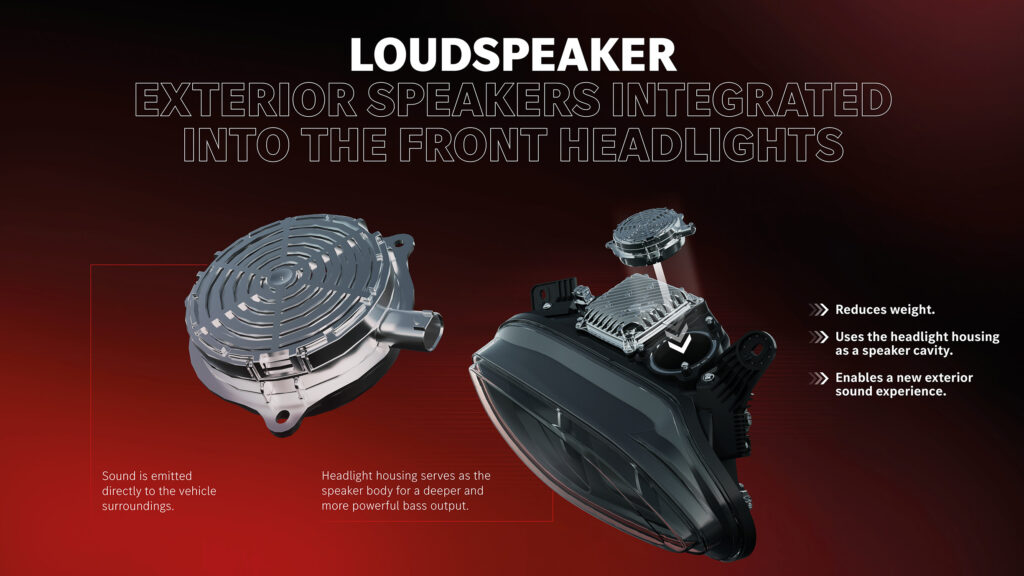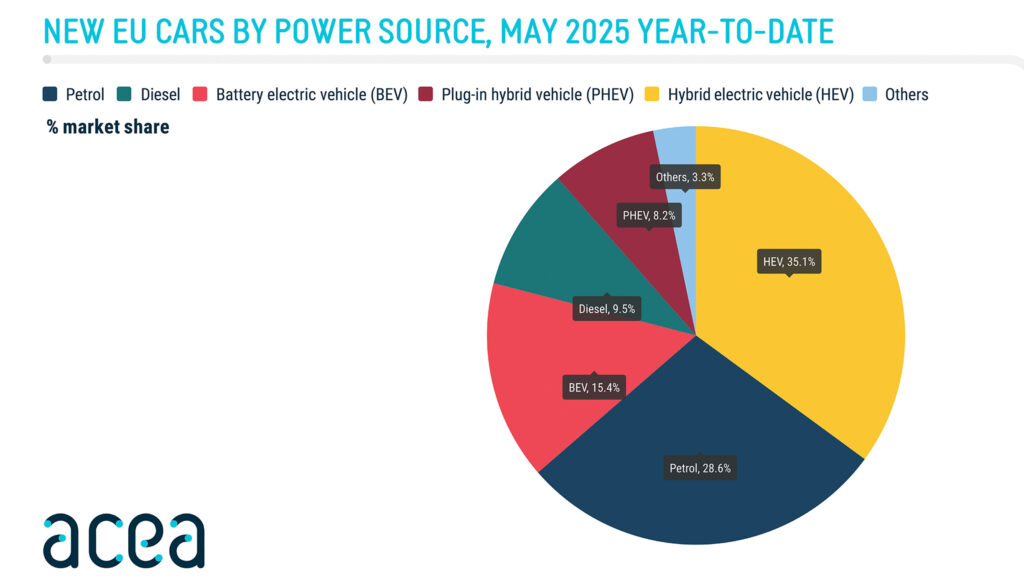VW Didn’t Halt ID. Buzz Exports Over Tariffs But Something Else Did

- VW says reports that it paused ID.Buzz exports to the US over tariffs are untrue.
- It claims any delay was recall-related and ‘hundreds’ are en-route to America.
- The company was forced to narrow the rear bench to prevent three-abreast seating.
Trump’s tariffs might be a major headache for European automakers shipping cars to the US, but they’re not the cause of a temporary pause in exports of the electric ID. Buzz, Volkswagen of America claims.
The automaker was responding to a story that appeared in European media claiming Trump’s decision to increase the tariffs on German exports from 2.5 percent to 27.5 percent forced VW to halt US deliveries.
Related: VW Warns Nearly 17,000 Owners To Stop Using Passenger Seat
“Not true,” a Volkswagen spokesperson told Carscoops when asked about the report in the German publication Handelsblatt. “Volkswagen of America temporarily held ID. Buzz vehicles at the port of Emden while resolving issues related to the stop sale. These vehicles are moving again, with several hundred currently on a ship. To clarify, the pause at Emden only affected East Coast-bound vehicles—we continued shipping ID. Buzzes to the West Coast throughout.”

The “stop sale” notice was issued in May when VW announced a recall for 5,644 ID. Buzz EVs because the rear seats were too wide. Yes, while you’d think Americans would be more likely to complain about seats being too narrow, the folks at the NHTSA decided that the rearmost seats on the Buzz were too generous.
There are only two seatbelts in the back but legislators reckoned the bench was wide enough to encourage a third, unbelted person to try squeezing themselves in there. VW’s remedy was to place unpadded bits of trim on the bench to reduce the size of the seating area and all of the EVs exported to the US in future will have a narrower rear seat.
Having to stop all sales of a vehicle is never good, but if ever there was a convenient time to do it, this period of tariff hell was it. While the UK has negotiated a trade deal with the US that allows the likes of Land Rover to escape with 10 percent tariffs, the EU has yet to finalize something similar, meaning its automakers’ exports are still subject to a 27.5 percent duty. VW builds US-market ID. 4s in Chattanooga, but the Buzz is manufactured in Hanover, Germany.

The Buzz is also shaping up to be far less of a sales hit than VW hoped. Having talked up the prospects of 40,000 US sales annually at one point, it’s going to struggle to hit 10k this year – in fact, it delivered just 564 in Q2. The ID. Buzz looks great, but its $61,545 starting price seems expensive and its 234-mile (377 km) range poor compared with what other EVs like the Kia EV9 offer for the same money or less. Other gripes include the stylish retro two-tone paint being restricted to upper trim level (or a $995 option on the entry-level model) and VW’s failure to launch Europe’s panel van version in the US.
Some industry watchers believe VW simply took too long launching the Buzz, having first showed a retro bus back in 2001. Perhaps if the model had come sooner, and with a combustion (possibly hybridized) engine, it might have been a better fit for mainstream America.




































